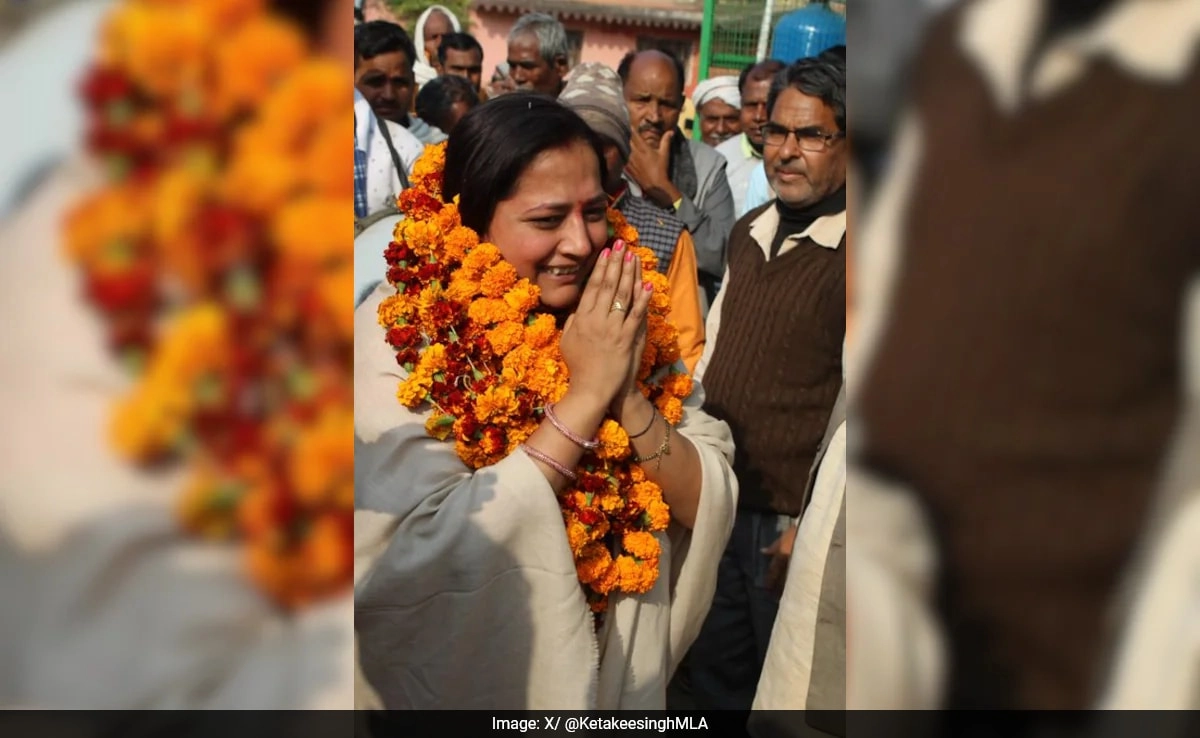In a recent development that has garnered significant attention, a Bharatiya Janata Party (BJP) Member of the Legislative Assembly (MLA) has proposed that Ghazipur, a prominent district in Uttar Pradesh, be renamed in honor of Seer Parashuram’s son. This demand reflects a growing trend among political figures to commemorate historical and mythological personalities by naming places after them, thereby instilling a sense of cultural pride and identity within the region. Seer Parashuram, a revered figure in Hindu mythology, is known for his valor and commitment to dharma, and his legacy continues to inspire many.
The MLA’s proposal is not merely a call for a name change; it represents a broader ideological initiative aimed at reinforcing the connection between contemporary politics and historical narratives. By aligning the district’s identity with a figure like Seer Parashuram’s son, the MLA seeks to evoke a sense of heritage that resonates with the local population and strengthens community bonds. The significance of names in Indian culture is profound, often carrying with them the weight of history and tradition. Renaming Ghazipur could serve as a symbolic gesture that reaffirms the values and beliefs of the community.
However, such proposals can also ignite debates regarding the implications of renaming places. Critics may argue that changing the name of an established district could erase its historical significance or create unnecessary division among residents who may have differing views on cultural identity. The discussion around renaming Ghazipur is likely to evoke varying opinions from different sections of society. Some may support the move as a celebration of cultural heritage, while others might view it as a political maneuver that could sidestep pressing local issues.
The demand to rename Ghazipur emphasizes the importance of cultural narratives in the political landscape of Uttar Pradesh, a state with a rich tapestry of history and tradition. As the discussion unfolds, it will be crucial to consider the perspectives of the local community and engage in a dialogue that respects both historical significance and contemporary needs. Ultimately, the decision to rename a district rests not only on political aspirations but also on the collective sentiment of its residents, who are the true custodians of their cultural identity.




